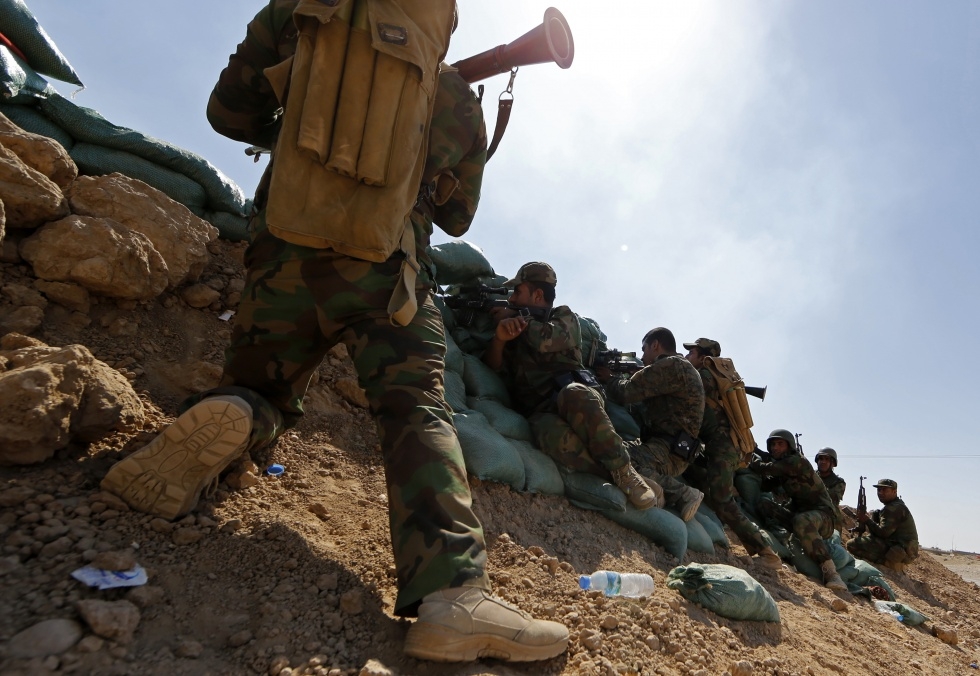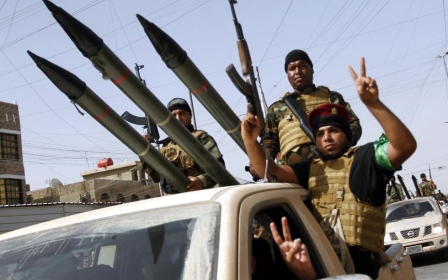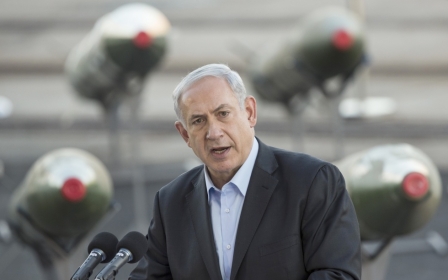UN: More than 1,000 people killed in Iraq in past 17 days

More than 1,000 people - at least three quarters of them civilians - were killed this month as Islamist militants swept through large swaths of northern and western Iraq, gathering a coalition of Baathists and other fighters, the UN said Tuesday.
At least 1,075 people were killed and 658 injured in the country in the 17 days from 5 June and 22 June, Rupert Colville, a spokesman for the UN human rights office told reporters in Geneva.
He said the numbers "should be viewed very much as a minimum."
At least 757 civilians were killed and another 599 injured in the provinces of Nineveh, Diyala and Salah al-Din, he said.
A number of the deaths were due to "verified summary executions and extra-judicial killings of civilians, police, and soldiers who were hors combat."
At least 318 more people - not necessarily all civilians - had been killed and 590 injured in Baghdad and areas in the south, "many of them as a result of at least six separate vehicle-borne bombs," he said.
Militants, led by the Islamic State of Iraq and the Levant, have since the beginning of June overrun major areas of five provinces and driven to within less than 100 kilometres (60 miles) of Baghdad.
In addition to the killings, Colville said widespread abductions were reportedly continuing across the affected provinces.
Many foreigners are among those abducted, including the 48 Turkish citizens snatched from Ankara's consulate when ISIL captured Mosul, and around 40 Indian nationals working for an Iraqi construction company who were kidnapped on 18 June, according to India's foreign ministry.
New MEE newsletter: Jerusalem Dispatch
Sign up to get the latest insights and analysis on Israel-Palestine, alongside Turkey Unpacked and other MEE newsletters
Middle East Eye delivers independent and unrivalled coverage and analysis of the Middle East, North Africa and beyond. To learn more about republishing this content and the associated fees, please fill out this form. More about MEE can be found here.





